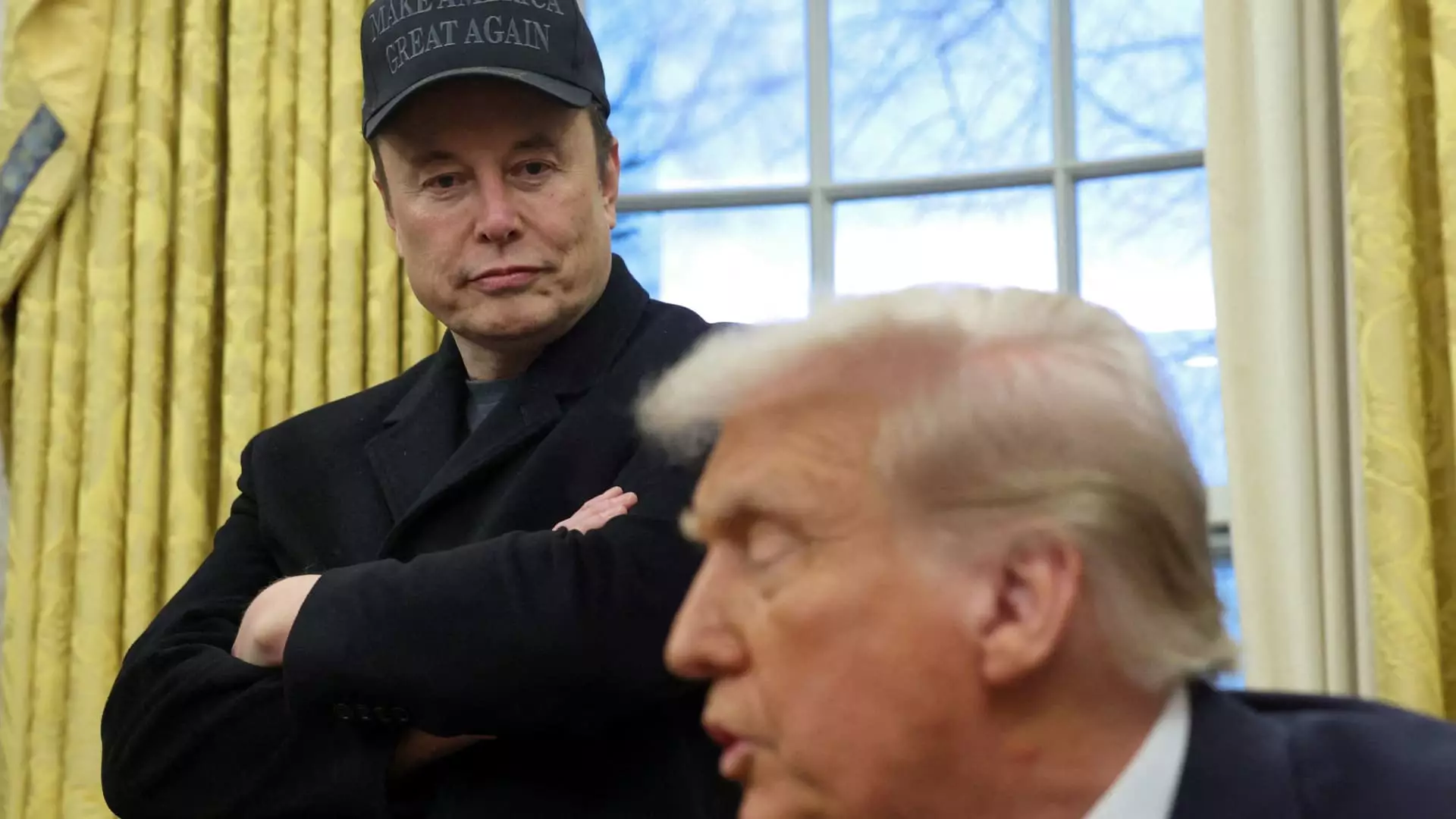In today’s hyper-connected digital age, social media platforms have become indispensable arenas for political discourse and expression. However, when these platforms collide with legal frameworks across different countries, the implications can be both profound and contentious. The recent legal battles involving Trump Media and Rumble, against Brazil’s Supreme Court, exemplify the escalating tensions surrounding issues of free speech, censorship, and the reach of national jurisdictions.
On Wednesday, Trump Media and Rumble filed a lawsuit against Brazilian Supreme Court Justice Alexandre de Moraes, citing illegal censorship actions that impact their platforms and users. The lawsuit stems from a clash between Justice Moraes and Elon Musk, founder of X (formerly Twitter), who found his platform facing significant governmental restrictions in Brazil. The suit alleges that Moraes exerted undue influence by attempting to suspend U.S.-based Rumble accounts, infringing upon the rights of users who vocally express political opinions.
Notably, the case illustrates how a Brazilian court’s Gag Orders can potentially affect American platforms operating under U.S. law. The lawsuit critically highlights that Rumble’s infrastructure is vital for Trump Media’s operations, establishing a direct connection between the two entities. The implication is clear: any intrusion on Rumble’s services by external authorities could significantly disrupt the functioning of Truth Social, Trump Media’s flagship social platform.
Implications for Free Speech
As the lawsuit unfolds, it prompts a larger conversation about free speech, particularly within politically charged environments. Trump Media’s CEO, Devin Nunes, emphasized that the company’s commitment to freedom of expression extends beyond mere rhetoric. This assertion aligns with the lawsuit’s intent to challenge what Trump Media perceives as judicial overreach—allowing a foreign court to impose restrictions that could suffocate America’s commitment to open discourse.
Furthermore, the lawsuit articulates a fundamental question: Should foreign legal rulings have the power to silence American voices on American platforms? Trump Media’s litigation argues that extraterritorial dictates threaten not only individual rights but also the foundational principles of democracy. As a nation, the U.S. prides itself on robust debate and the flourishing of diverse viewpoints; an endorsement of censorship by foreign powers could set a dangerous precedent.
The turbulence within Brazil’s political landscape adds another layer to this developing story. Just a day prior to the lawsuit’s announcement, Brazil’s prosecutor-general charged former President Jair Bolsonaro with attempted coup-related offenses. These accusations, which include involvement in plotting violent actions against current officials and undermining democratic processes, highlight the fractious state of Brazilian politics and its interplay with social media narratives.
Moreover, the intertwining of Trump Media and Rumble with Musk’s platforms illustrates the complex networks of power and influence in contemporary social media. Musk’s experience of regulatory pushback in Brazil emphasizes the difficulties of operating across international lines, particularly when governmental bodies assert jurisdiction over digital content in ways that clash with established norms in the United States.
An often-overlooked aspect of such high-profile litigations is the financial burden associated with them. The lawsuit reveals that Trump Media has incurred substantial legal costs, partly attributed to prolonged regulatory scrutiny by the Securities and Exchange Commission (SEC). The mention of a SPAC merger exemplifies the mounting challenges these firms face, emphasizing how regulatory hurdles can translate into economic struggles and skew strategic directions.
As the legal saga unfolds, it will likely not only shape the future of Trump Media and Rumble but also spark broader discussions on the freedom of expression within the digital realm. The consequences of this case may resonate far beyond the immediate parties involved, potentially influencing legal precedents and diplomatic attitudes towards international jurisdiction over social media platforms.
The legal confrontations faced by Trump Media and Rumble against Brazilian authorities shed light on pressing issues surrounding digital rights and governmental authority. As the world becomes more interconnected, the implications of these disputes will serve as critical benchmarks for how free speech is navigated across geopolitical lines. The upcoming legal proceedings promise not only to determine the fate of these platforms but also to serve as a litmus test for the enduring struggle between freedom of expression and regulatory authority in the increasingly complex digital landscape.


Leave a Reply